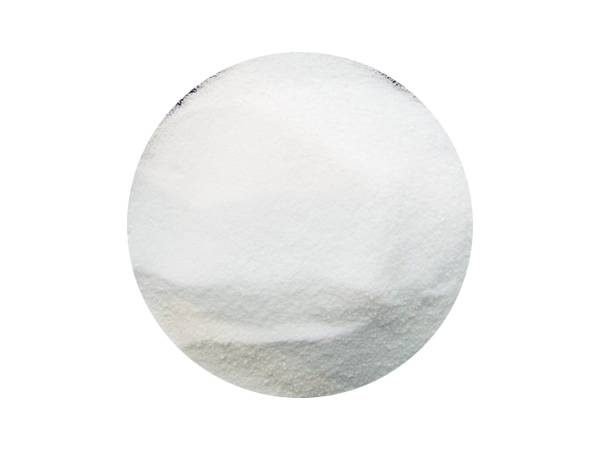



kno3 for plants
The Role of KNO3 in Plant Growth
Potassium nitrate (KNO3) is a chemical compound that plays a crucial role in plant nutrition and growth. Comprising potassium (K) and nitrate (NO3), this compound serves as an essential source of both nutrients, which are vital for various physiological processes in plants. Understanding how KNO3 benefits plant growth can help gardeners and agriculturalists optimize their cultivation practices.
Importance of Potassium in Plants
Potassium is one of the essential macronutrients for plants, second only to nitrogen in terms of quantity required. It is crucial for several plant functions, including the regulation of stomatal opening, which controls water loss through transpiration and helps maintain internal balance. Potassium also plays a vital role in enzyme activation and the synthesis of proteins and starches, ultimately impacting overall plant vigor, disease resistance, and yield.
In plants, potassium aids in the transport of water and nutrients between cells, contributing to robust root development and efficient nutrient uptake. The presence of potassium helps crops withstand stress factors such as drought and extreme temperatures, allowing them to thrive in various environmental conditions.
The Role of Nitrate in Plant Nutrition
Nitrate, the other key component of KNO3, is equally significant for plant health. It is the primary form of nitrogen utilized by plants, serving as a building block for amino acids, proteins, and nucleic acids. Nitrogen is integral to photosynthesis, as it forms chlorophyll, the green pigment that captures sunlight for energy production.
kno3 for plants

A sufficient supply of nitrates leads to improved vegetative growth, promoted flower and fruit development, and enhanced overall productivity in plants. However, it's essential to maintain a balanced supply, as excessive nitrate levels can lead to nutrient imbalances and can negatively affect plant health.
Benefits of KNO3 for Plants
Using KNO3 as a fertilizer provides a dual benefit, delivering both potassium and nitrate in a readily available form. This combination is especially beneficial during critical growth stages, such as flowering and fruiting, when plants have higher nutrient demands. Moreover, KNO3 is highly soluble, enabling quick absorption by roots and facilitating fast responses in plant growth.
KNO3 can also help improve the quality of produce. For instance, it has been shown to enhance the sweetness and coloration of fruits, making them more appealing to consumers. Additionally, the compound promotes the development of larger and more resilient seeds, which can lead to better crop yields in subsequent planting seasons.
Application Strategies
For optimal results, KNO3 should be applied according to specific plant needs and local soil nutrient content. Soil testing can determine existing nutrient levels and inform appropriate application rates. KNO3 can be applied through soil amendments, foliar sprays, or fertigation systems, depending on crop requirements and growth conditions.
In conclusion, potassium nitrate (KNO3) is a vital nutrient source that supports plant growth and productivity. With its essential components, potassium and nitrate, KNO3 contributes significantly to various plant processes, improving health, yield, and quality. By understanding its benefits and application methods, gardeners and farmers can harness the power of KNO3 to foster healthy, thriving plants.
-
Why Sodium Persulfate Is Everywhere NowNewsJul.07,2025
-
Why Polyacrylamide Is in High DemandNewsJul.07,2025
-
Understanding Paint Chemicals and Their ApplicationsNewsJul.07,2025
-
Smart Use Of Mining ChemicalsNewsJul.07,2025
-
Practical Uses of Potassium MonopersulfateNewsJul.07,2025
-
Agrochemicals In Real FarmingNewsJul.07,2025
-
Sodium Chlorite Hot UsesNewsJul.01,2025










